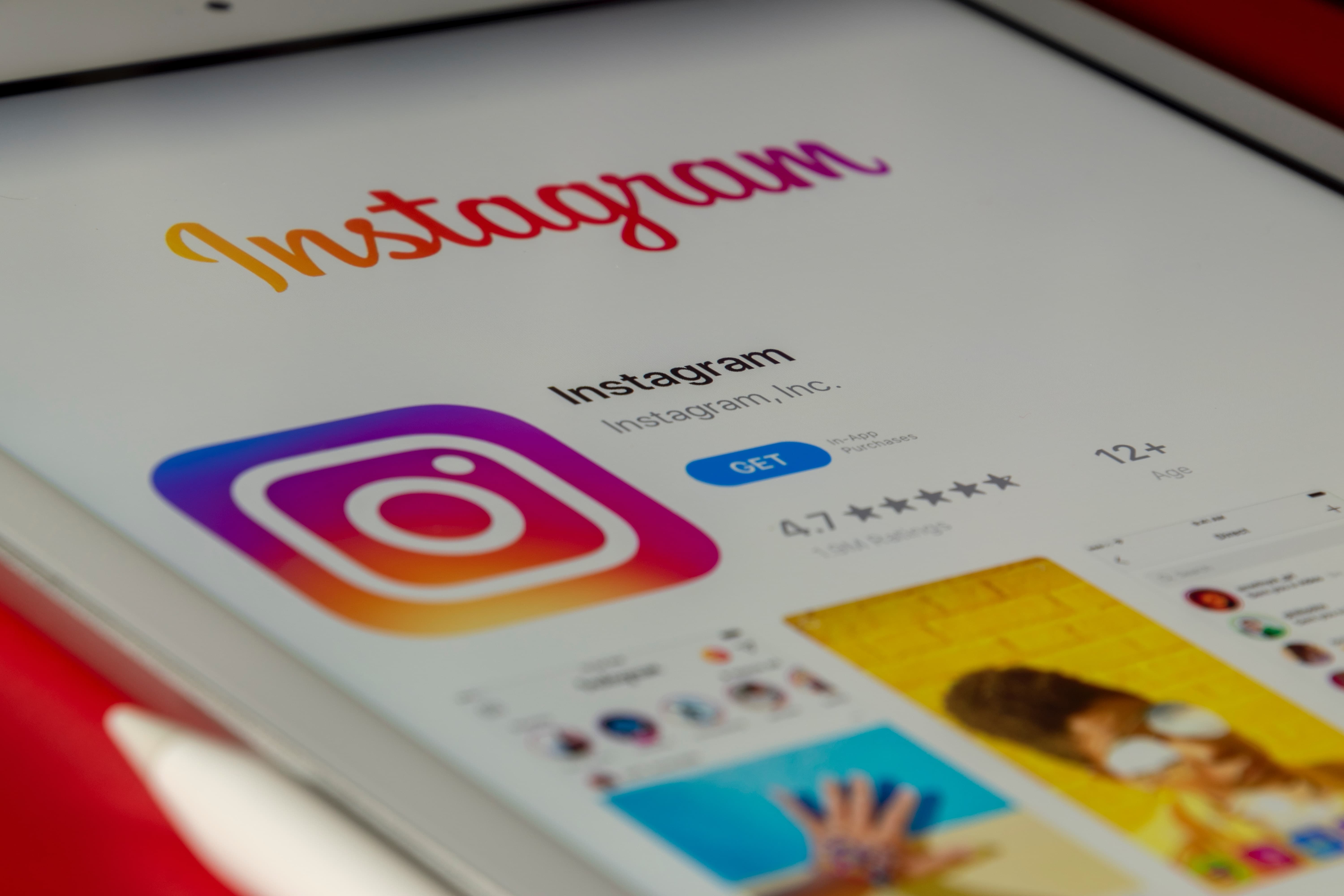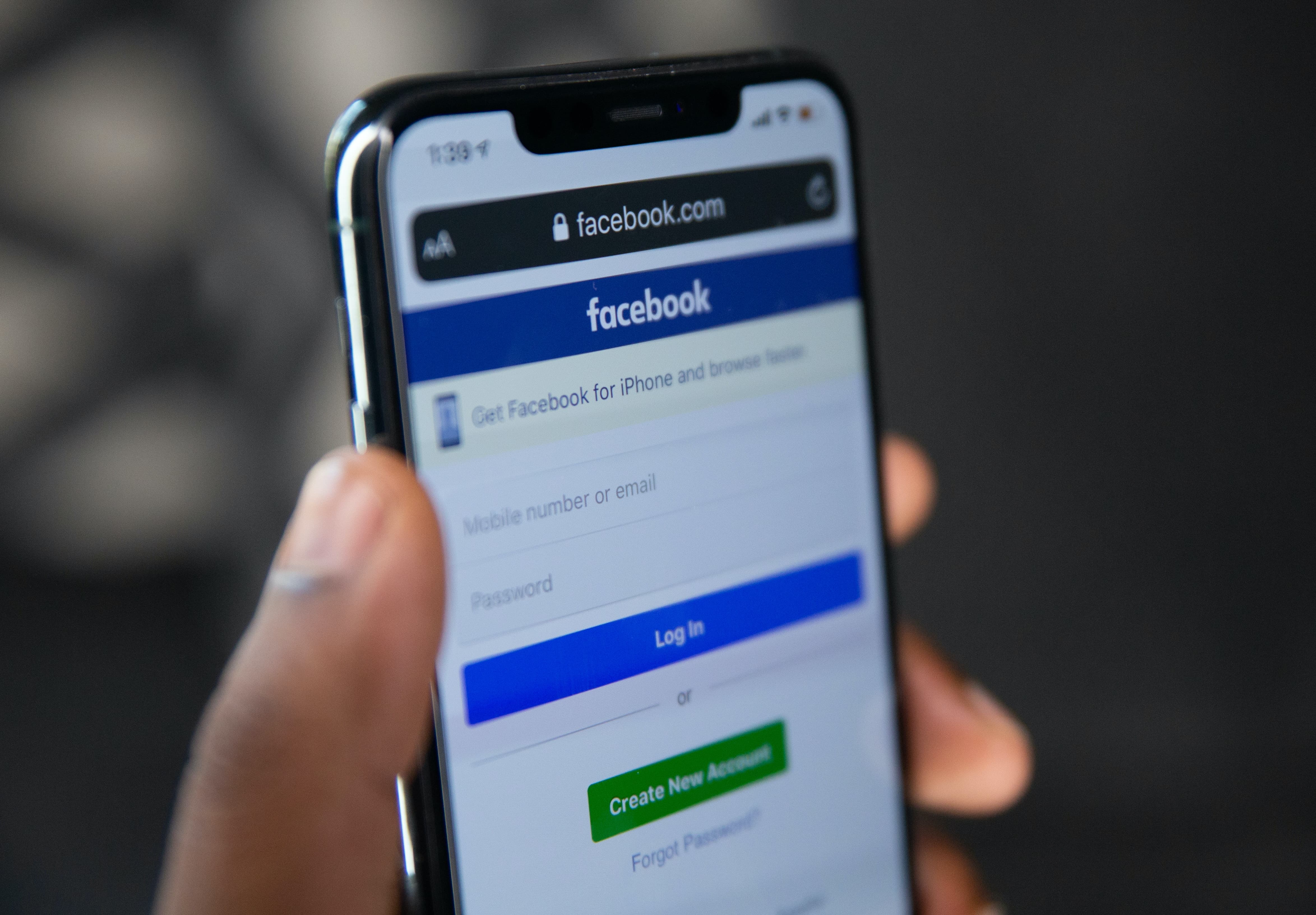How to survive the shift from the attention economy to the creation economy

In the attention economy, businesses thrived by competing for the precious commodity of consumer attention. Advertisers would dazzle with creative storytelling, making elaborate promises to their audience. Companies capitalized on the explosion of digital media and platforms like Facebook and Instagram to drive this attention. However, the nature of the attention economy soon revealed its inherent limitations and problematic aspects, such as information overload, erosion of consumer trust, and the growing issue of clickbait culture.
On the horizon, though, we see a transformative shift. The creation economy is emerging as a vibrant and empowering evolution of the digital ecosystem. It's an economic paradigm shift built on a simple but profound premise: the power of the individual to create.
 The arrival of platforms such as Instagram has brought about the creation economy
The arrival of platforms such as Instagram has brought about the creation economy
Unlike its predecessor, the creation economy is not merely about capturing attention — it's about fostering genuine engagement by empowering users to create their own unique experiences. It is a manifestation of the changing consumer sentiment, from passive reception to active participation.
The arrival of platforms such as YouTube, TikTok and Instagram has set the stage for this transformation. These platforms have democratized creation, enabling anyone with a smartphone and a creative spark to become content creators. Consequently, the equation has fundamentally changed. The audience is no longer a mere receiver of messages. They are active creators, contributors, and collaborators.
The existing landscape: a rocky road
That said, the media landscape is as precarious as ever. Vice media is due to shut down games publication Waypoint on June 2, and the whole team will be laid off according to senior writer Patrick Klepek via Twitter
Recently we discussed why publishers shouldn’t rely on Facebook, and we acknowledged the ways journalists can take their power back and thrive online. As Oliver Reichenstein wrote, that begins with “Writing as opposed to liking, thinking as opposed to reacting, owning your traffic as opposed to building up your Facebook followers that one day a Zuckerberg will take away from you when it suits his needs”.
Because, yes, Facebook and Google are great channels for your audience to find you and for you to share your content, but as layoffs at social media darlings like Buzzfeed over the years have shown, choosing those channels as a primary place to host and distribute content means being at the whim of any changes they make. We’ve said it before: don’t trust them, and certainly, don’t rely on them.
 Facebook is great for sharing your content but you shouldn't rely on it
Facebook is great for sharing your content but you shouldn't rely on it
But Facebook and Google are only part of the problem. Being able to access everything at our fingertips via the internet is a double-edged sword. Yes, we are abundant in information but also, yes, we’re running into an issue of scarcity when it comes to attention. Publications and the advertisers that support them are dependent on clicks, reads, and eyes in an economy made up of readers with shortening attention spans and only 24 hours in the day to consume an insurmountable amount of media.
In a Neiman Lab article aptly titled, “Goodbye Attention Economy We’ll Miss You” Gideon Lichfield predicted the recent media shakeup, sharing “The attention economy that has been driving the media industry for much of the past decade may be about to give way to a more old-fashioned economy, in which the scarcest resource is once again people’s money, not their time.” And luckily, there are ways for journalists to take advantage of this economic shift.
As Patrick Collison CEO of Stripe shared on Twitter, “Perhaps anecdotal, but it feels that there’s been some swing from “attention economy” to “creation economy” over the past few years.” He went on to name solutions like GitHub and Patreon as a few of the ways this new economy is being made possible.
How to win in the new paradigm
Creative brands looking to succeed in the creation economy must learn to let go of the tightly controlled narratives they once crafted. Instead, they should focus on facilitating spaces for creative expression, innovation, and co-creation. More than ever, businesses must engage in a meaningful, authentic dialogue with their customers, fostering a community that champions individual creativity and shared values.
So, how can individual creators and journalists successfully (and lucratively) move forward from an attention to a creation economy? As we’ve seen first hand, it begins with offering value to an audience that’s happy and willing answer that value with support. We've seen online publications and journalists like ex CNN reporter, Jon Ostrower thrive while sharing the content and stories his audience wants to read.
 Jon Ostrower has thrived while sharing the content his audience wants to read
Jon Ostrower has thrived while sharing the content his audience wants to read
As Ostrower shared with us, striking out on your own and moving to an audience-backed publishing model may be scary, but sometimes the leap is worth it: “Obviously, finances and your ability to pay for your life is obviously a key component of that decision. But at the end of the day, you don't want to have any regrets. If it's really something you want to do, putting yourself out there is hard, and it's not easy, but damn, it's worth it,” he emphasized.
"Putting yourself out there is hard... but damn, it's worth it.”
Conclusion: The creator economy
There’s no easy answer to fix the media issues in our current economy, but a shift to creating value for a specific audience is a start. Start by asking, what can I create that no one else is creating? What story can I tell in a unique way? Do I have an audience willing to not only read it but support it? And, how do I leverage that audience for longevity so I can survive in a constantly shifting media landscape?
The opportunities that the creation economy presents are vast. Brands that can harness the power of creation will be rewarded with loyal communities of creators and consumers who are deeply invested in their products and services. These communities will not just consume content but will actively contribute to its creation, offering their insights, ideas, and perspectives.
In conclusion, as we transition from an attention economy to a creation economy, it's time for businesses to reimagine their roles. They need to evolve from storytellers to story facilitators, from attention seekers to creators and curators of experiences. The future belongs to those who can adapt to this shift, fostering an environment where everyone has the potential to create, contribute, and ultimately, shape their own experiences.
Subscribe for updates
Stay up to date on Memberful's latest product updates, insights, and teaching centered around growing your community.
Have an audience?
Customers like Mythical (28+ million subscribers) rely on Memberful to power their membership communities.
Get started for free